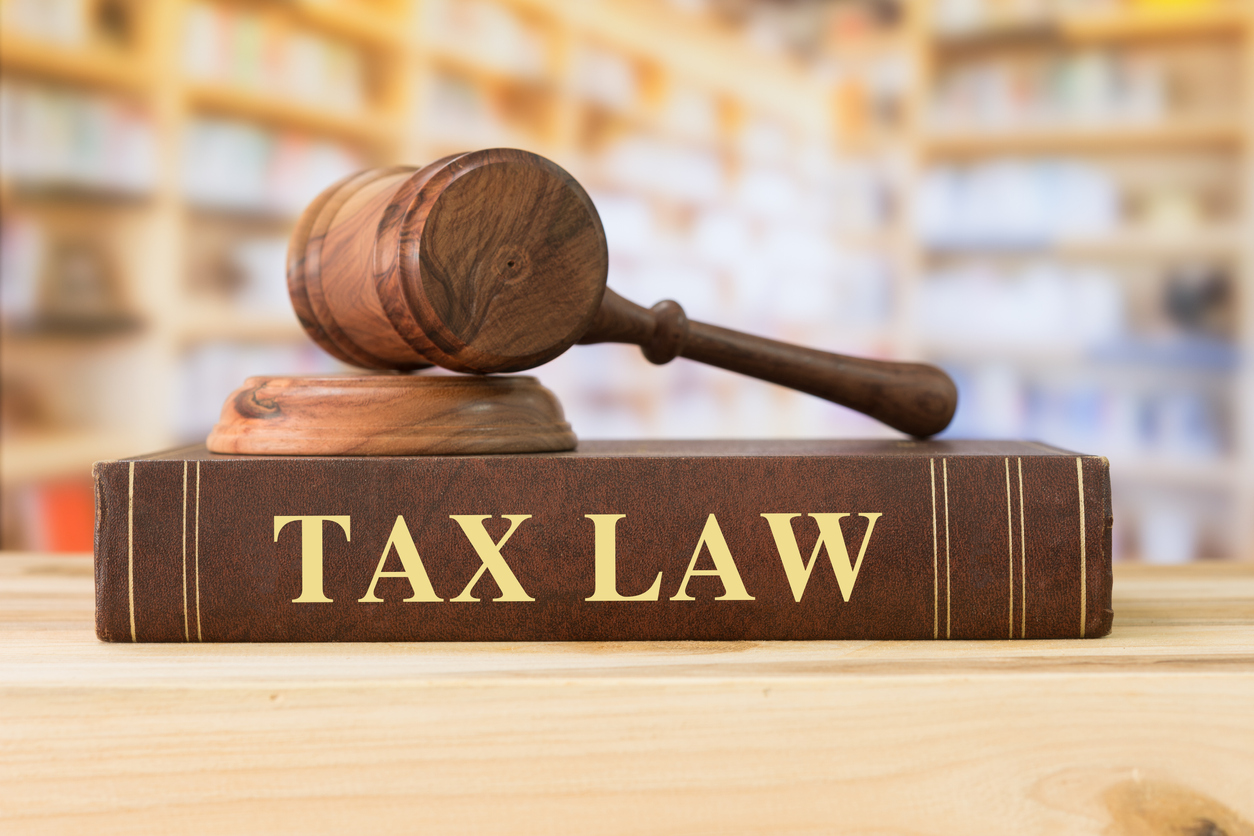
In 1967, The Supreme Court of the United States held that a state cannot require a seller to collect taxes for goods that are sold or shipped into the state if they do not have a physical presence within the state. It is important to understand the time in which this holding was held. This occurred before there was the internet and online retailers selling to customers in other states. This was later affirmed by the court in 1992. In 2015, a case with a similar set of facts was heard by the court. The court continued to hold the same precedent that it had held for the past forty-eight years. Although it continued its holding, one Justice decided it may be time to question it. In his concurring opinion, Justice Kennedy brought forth the question of whether the court should continue following precedent or if it should take into account the growing number of similar cases or the monumental changes in technology and society that have an effect on interstate commerce.
Following the doubt that was put forward in the concurring opinion of Justice Kennedy, South Dakota passed a law that required sellers of tangible property, who do not have a psychical presence in the state, to collect sales tax if they have sales of over $100,000 or if they conducted 200 transactions in the state during a one year period.
On June 21, 2018, the Supreme Court made yet another ruling on this matter. This time, however, the court defied its own precedent on that matter. In a 5-4 decision, the court ruled that states can require a seller with no physical presence in the state to collect sales tax on transactions with in-state consumers. Much like what North Dakota already did, states will be allowed to set a threshold amount that will activate the requirement to collect the taxes. Before this decision, online retailers with no physical presence did not have economic nexus in the state. Because of this, these retailers were not required to collect and pay sales taxes. This shifted the responsibility of reporting and paying the sales tax onto the consumer. State governments felt they were not being fairly treated in this scenario, because collecting these sales taxes became more difficult. In-state sellers felt that this precedent unfairly gave an advantage to out of state sellers. Because of the magnitude of technological advancements over the years, the court ruled that its prior ruling was outdated.
If you need help with your taxes, please contact or call us at (201) 692-1600.



